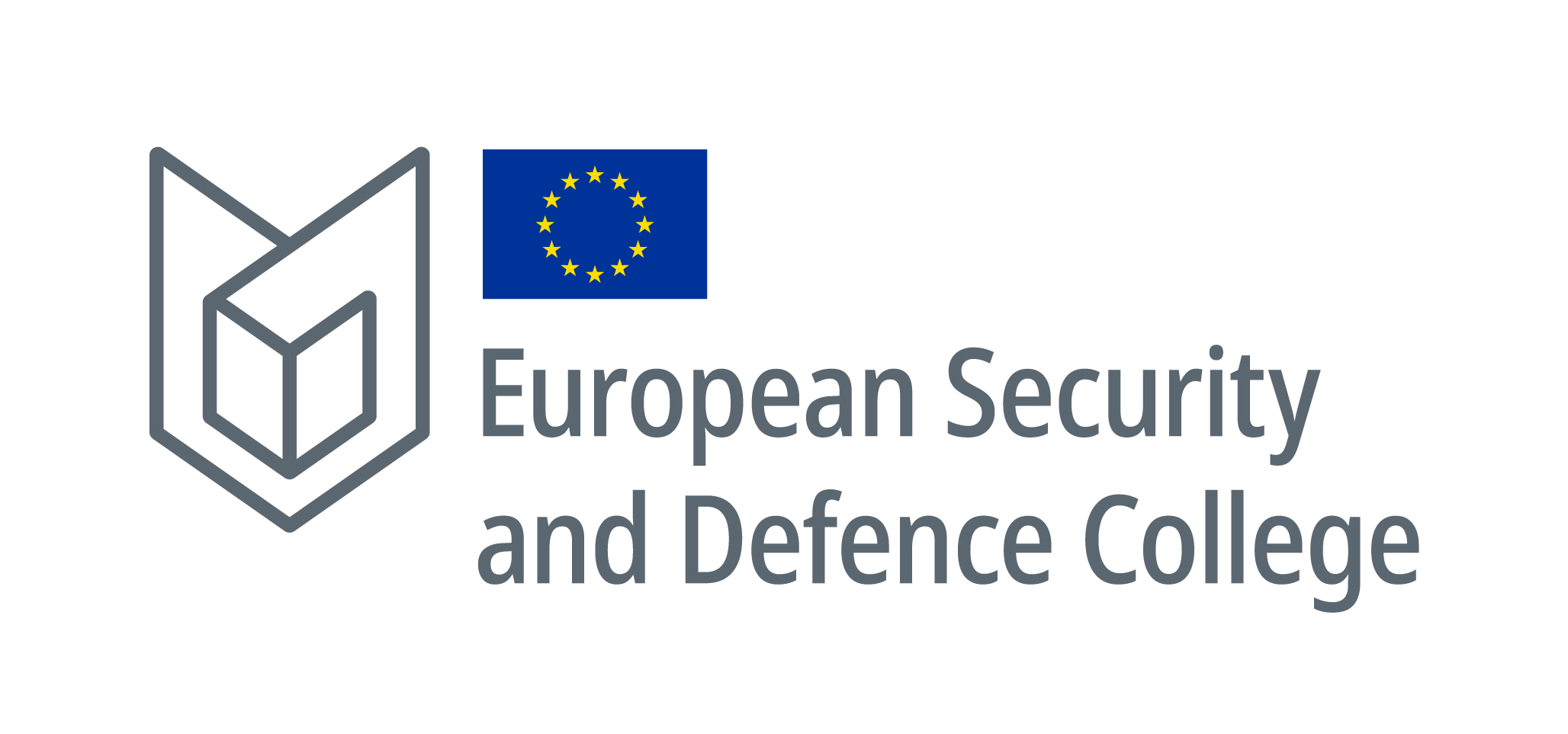Job Opportunities

The European Security and Defence College is looking for dynamic, flexible and proactive colleagues with good communication and organizational skills with a developed sense of service.
Job Opportunities
Cover Letter SNE Job No 303118 (Download here)
Council Decision (CFSP) 2024-3116 of 09 Dec 2024 (Download here)
Vacancy available from: 16 August 2025
The closing date for the submission of applications: 1 June 2025 at 13:00 (CET).
Place of secondment: Brussels, Belgium
Cover Letter SNE Job No 303114 (Download here)
Council Decision (CFSP) 2024-3116 of 09 Dec 2024 (Download here)
Vacancy available from: ASAP
The closing date for the submission of applications: 1 June 2025 at 13:00 (CET).
Place of secondment: Brussels, Belgium
Cover Letter SNE Job No 410806 (Download here)
Council Decision (CFSP) 2024-3116 of 09 Dec 2024 (Download here)
Vacancy available from: ASAP
The closing date for the submission of applications: 15 June 2025at 13:00 (CET).
Place of secondment: Brussels, Belgium
Cover Letter SNEJob No 438335 (Download here)
Council Decision (CFSP) 2024-3116 of 09 Dec 2024 (Download here)
Vacancy available from: ASAP
The closing date for the submission of applications: 15 June 2025at 13:00 (CET).
Place of secondment: Brussels, Belgium
ESDC INTERNSHIP 2025 OPEN FOR APPLICATIONS
We are delighted to announce that we are accepting applications for internships. The aim of the internship is to offer candidates the opportunity to work at the European Security and Defence College (ESDC), where they will help with the organisation and running of ESDC activities. This will help them gain a better understanding of the EU’s Common Security and Defence Policy (CSDP), in the overall context of the Common Foreign and Security Policy (CFSP), as part of their studies.
The internship is aimed at students who are currently enrolled on a bachelor's or master's degree course in a relevant subject at an academic institution/university.
Who we are
As set out in Council Decision (CFSP) 2024/3116 of 9 December 2024, the mission of the European Security and Defence College (ESDC) is to provide training and education in the field of the EU’s Common Security and Defence Policy (CSDP) in the wider context of the European Common Foreign and Security Policy (CFSP), in order to develop and promote a common understanding of CFSP and CSDP among civilian and military personnel and to identify and disseminate best practice on CFSP and CSDP-related issues through its training and education activities.
The ESDC works under the overall responsibility of the High Representative of the Union for Foreign Affairs and Security Policy (HR). The European External Action Service (EEAS) supports the HR in the exercise of his or her mandate, which consists of conducting and implementing an effective and coherent EU CFSP, representing the EU in international fora and chairing the Foreign Affairs Council. The EEAS also supports the HR in his or her capacity as Vice-President of the Commission with regard to his or her responsibilities within the Commission in the external relations field, including the coordination of other aspects of the EU’s external action. The EEAS works in close cooperation with the General Secretariat of the Council, the services of the Commission and the Secretariat of the European Parliament.
Legal basis - Council Decision (CFSP) 2024/3116 of 9 December 2024 on the European Security and Defence College and repealing Decision 2020/1515.
SUMMARY:
Duration of the internship:
First period: 16 January - 15 May 2025 - RECRUITMENT COMPLETED
Second period: 1 April - 31 July 2025 - RECRUITMENT COMPLETED
Third period: 1 September - 31 December 2025 - OPEN FOR APPLICATIONS
The closing date for the submission of application is 1 April 2025 at 12:00 (CET).
Place of work: Brussels, Belgium
For more information see the notice (Download here)
Data Protection
The personal information requested from candidates will be processed in line with Regulation (EU) 2018/1725 of the European Parliament and of the Council of 23 October 2018 on the protection of natural persons with regard to the processing of personal data by the Union institutions, bodies, offices and agencies and on the free movement of such data, and repealing Regulation (EC) 45/2001 and Decision No. 1247/2002/EC.
The purpose of processing the personal data of the candidates is to manage applications with a view to possible preselection and recruitment. More information on personal data protection can be found on the EEAS website:
https://eeas.europa.eu/headquarters/headquarters-homepage/3032/-transparency-and-data-protection_en
For further information, please contact: esdc-vacancies@eeas.europa.eu
Administrative questions: Alberto.BRAGADIN@eeas.europa.eu
Selection and provile-related questions: Jessica.GUSSARVIUS@eeas.europa.eu
***
